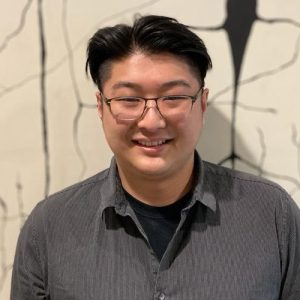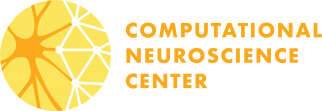Swartz Postdoctoral Fellows

Elliott Abe

Yusi Chen
Yusi received her PhD from the University of California, San Diego, mentored by Dr. Terrence Sejnowski, and earlier her undergraduate degree from Tsinghua University. She is interested in understanding computation principles in the brain using tools from machine learning, neural dynamics and information theory. She’s now examining the precision of spike timing and conductance delays across various brain regions, shedding light on the brain’s implementation of predictive and postdictive learning mechanisms. Her previous work also includes efficient causality inference from high-dimensional time traces and pose estimation from kinematic measures. For her most recent publications and projects, please visit her personal webpage at https://yschen13.github.io

